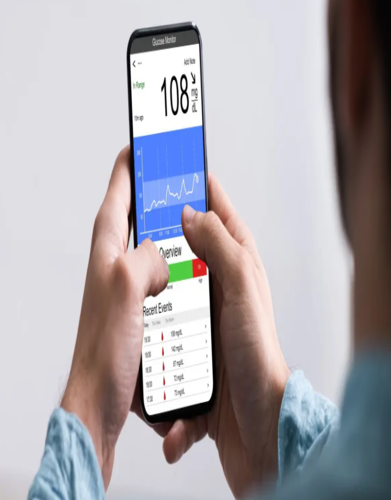At a time when our diabetes knowledge and treatment options have advanced so much, why do clinical outcomes remain suboptimal, with so many patients unable to achieve good control of their disease?
The answer is rooted in three challenges:
- Keeping pace with rapidly advancing options for diabetes care
- Accounting for a patient’s unique biological, psychological, social, financial, educational, and cultural factors
- Overcoming structural healthcare barriers that require clinical strategies to fit within a particular mold
This course is designed to equip clinicians to meet these challenges in order to provide evidence-based, optimal care to their patients.
PROGRAM HIGHLIGHTS
This program affords you the opportunity to learn from leaders in the field of diabetes who are distinguished for their outstanding teaching, knowledge, and innovations in clinical care.
- Expert guidance to design comprehensive treatment programs (non-pharmacological and pharmacological) for patients with diabetes
- Guidance to account for biological, psychological, emotional, social, financial and cultural factors that impact the development and progression of diabetes
- The newest data on the identification of different types of diabetes
- The latest scientific information on how to reduce cardiovascular and renal disease risk in patients with type 2 diabetes
- New guidelines and practice recommendations for nutrition and physical activity
- Deep dive into the current nutritional controversies in diabetes care
- Thorough review of current anti-diabetes medications
- How to navigate the recent and controversial data related to some anti-diabetes medications
- New technologies in diabetes care: updates and implications for day-to-day care
- Research breakthroughs
- Best practices that drive more effective treatment plans
- Tips and tricks for navigating barriers within healthcare systems
- Strategies to assess and improve low adherence to therapy
- Medical vs. surgical management of obesity
TREATING SPECIAL POPULATIONS
This program also provides comprehensive education to optimize the diabetes care you provide for special populations:
- Racial and ethnic minorities
- The elderly
- People with obesity
- Patients at high cardiovascular risk
- Individuals with low adherence to therapy
- Patients at low socio-economic levels
- Subjects with low health literacy/education
- Individuals with depression/emotional distress
- Patients with metabolic liver disease


